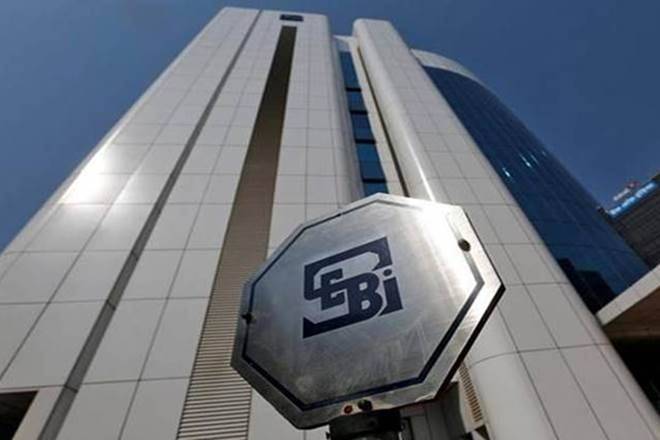With a series of bond defaults following the IL&FS debacle that left the trusted debt-fund category shaken, market regulator Securities and Exchange Board of India (SEBI) has come forward to restore trust among the investors through a new set of guidelines to make the investments more secured by reducing the risk factors.
“In light of a few credit events in the fixed income market that led to increase in liquidity risk of Mutual Funds, a need was felt to review the regulatory framework and take necessary steps to safeguard the interest of investors and maintain the orderliness and robustness of Mutual Funds,” SEBI said on Thursday in a press release.
To review the risk management framework with respect to liquid schemes and to review the existing practices on valuation of money market and debt securities, SEBI had constituted working groups representing AMCs, industry and academia, followed by constitution of an internal working group within SEBI to inter-alia review norms for Mutual Funds for investment in various debt and money market securities.
The Mutual Fund Advisory Committee (MFAC) made several recommendations after the analysis along with recommendations of the working groups were placed in a meeting of the committee.
After inter-alia deliberations, the Board approved the following proposals:
- Liquid Schemes shall be mandated to hold at least 20 per cent in liquid assets such as Cash, Government Securities, T-bills and Repo on Government Securities.
- The cap on sectoral limit of 25 per cent shall be reduced to 20 per cent. The additional exposure of 15 per cent to HFCs shall be restructured to 10 per cent in HFCs and 5 per cent exposure in securitised debt based on retail housing loan and affordable housing loan portfolios.
- The valuation of debt and money market instruments based on amortisation shall be dispensed with completely and shall be based on mark to market.
- Liquid and overnight schemes shall not be permitted to invest in Short Term Deposits, debt and money market instruments having structured obligations or credit enhancements.
- A graded exit load shall be levied on investors of liquid schemes who exit the scheme up to a period of 7 days.
- Mutual Fund schemes shall be mandated to invest only in listed NCDs and the same would be implemented in a phased manner. All fresh investments in Commercial Papers (CPs) shall be made only in listed CPs pursuant to issuance of guidelines by SEBI in this regard.
- All fresh investments in equity shares by Mutual Fund schemes shall only be made in listed or to be listed equity shares.
- Prudential limits on total investment by a Mutual Fund scheme in debt and money market instruments having credit enhancements and on investment by Mutual Fund scheme in such debt securities of a particular group, as percentage of debt portfolio of the respective scheme have been prescribed at 10 per cent and 5 per cent respectively.
- There should be adequate security cover of at least 4 times for investment by Mutual Fund schemes in debt securities having credit enhancements backed by equities directly or indirectly.
The SEBI Board also took following decisions on valuation of Money Market and Debt Securities by Mutual Funds:
- In order to make existing provisions on valuation of money market and debt securities more reflective of best practices, various proposals for amending the extant provisions were approved.
- Further, in order to bring uniformity and consistency in valuation, various proposals on the waterfall approach for valuation of non-traded money market and debt securities by Mutual Funds were approved, along with acknowledging that valuation agencies may need a certain degree of flexibility in order to ensure fair pricing of securities. Nevertheless, in terms of the Principles of Fair Valuation, AMCs are responsible for ensuring fairness of valuation and they may deviate from the valuation guidelines, subject to appropriate documentation and disclosure.
- In order to increase the robustness of valuation and address possible misuse, various proposals related to valuation of Inter-scheme Transfers (ISTs), disallowing the use of own trades for valuation etc, were approved.
“Suitable grandfathering wherever applicable and adequate time period shall be provided for implementation of the above proposals,” said SEBI.

